Stephen Roach, Senior Fellow, Yale University
Sep 30, 2022
It is tempting to give America’s Federal Reserve great credit for its recent about-face in tackling inflation. It is equally tempting to give Chinese President Xi Jinping great credit for his stewardship of a rising and strong China. But neither deserves it – and for a similar reason.
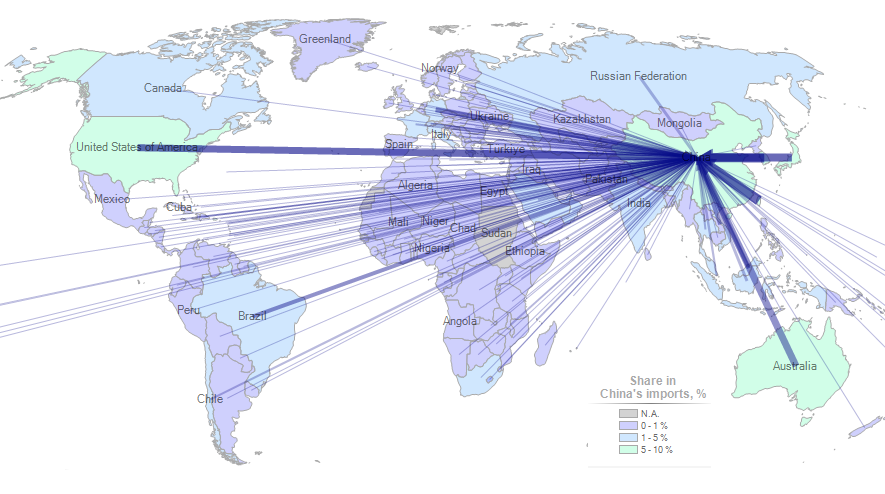
Dan Steinbock, Founder, Difference Group
Aug 26, 2022
In its pursuit for unipolar primacy, the Biden administration is risking the economic stability of China, the West, emerging Asia, and the futures of the Global South.

Ben Reynolds, Writer and Foreign Policy Analyst in New York
Apr 24, 2020
In this time of economic instability, we can look to the past to understand how we got here, and what might come next for the shifting global economy. China and the U.S. are key players in shaping what comes next.
Zhu Feng, Director, Institute of International Studies, Nanjing University
Apr 21, 2020
China and the United States managed to forge a complementary relationship since 1979, despite their disagreement about the best model of government. They need to return to the pragmatism of the past.
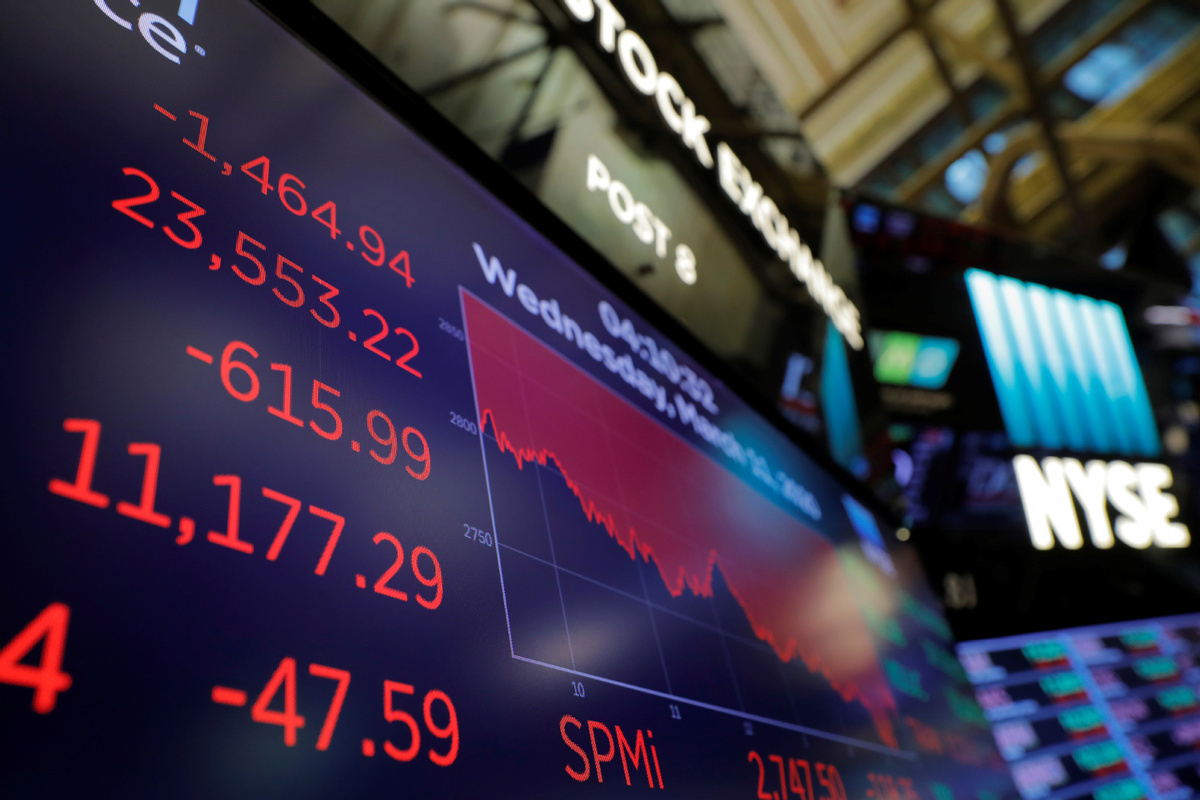
Stephen Roach, Senior Fellow, Yale University
Mar 23, 2020
In an effort to get a handle on the economic and financial consequences of the COVID-19 pandemic, the first instinct is to search for precedents and remedies in earlier crises. Many have pointed to the 2008 global financial crisis (GFC) as the most relevant example, especially in the aftermath of the extraordinary monetary-policy actions announced by the US Federal Reserve on March 15. That would be an unfortunate mistake.

Zhu Min, Chair of the National Institute of Financial Research at Tsinghua University
Sep 14, 2018
Just as a virus can afflict the healthiest of people, a crisis can sweep up even a well-prepared economy. That is why countries must look beyond preventive measures and strengthen their ability to support a speedy recovery.
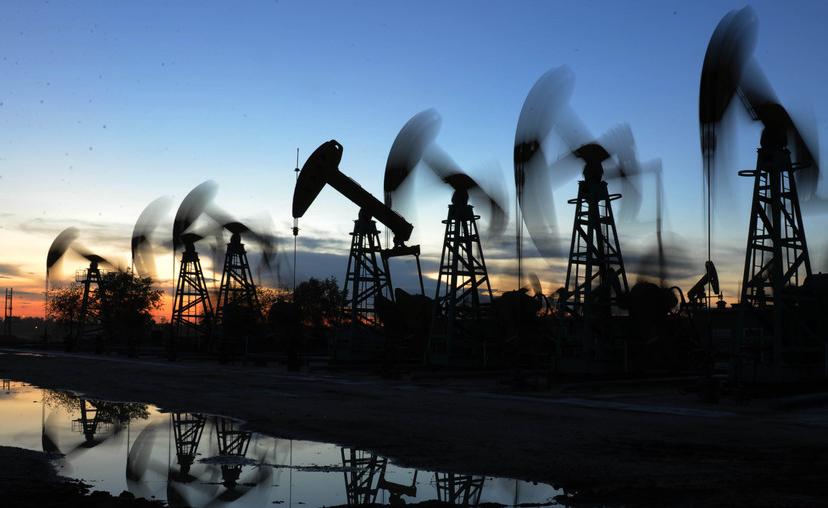
Yu Yongding, Former President, China Society of World Economics
Jan 03, 2018
For the last decade or so, China’s economy has been on something of a roller coaster ride. As 2018 begins, is the country approaching a new ascent, a steep drop, or something in between?
Standard & Poor’s has cut its rating on China by one notch weeks before the country is expected to launch a rare dollar bond, with the ratings agency citi
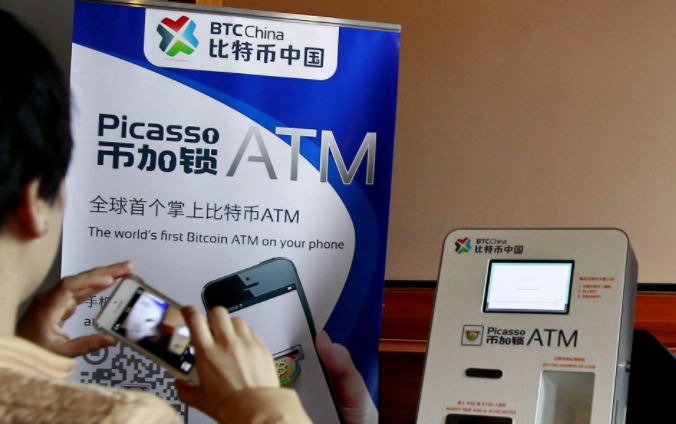
Andrew Sheng, Distinguished Fellow at the Asia Global Institute at the University of Hong Kong
Xiao Geng, President of the Hong Kong Institution for International Finance
Sep 05, 2017
Financial markets today are thriving. The Dow Jones industrial average, the S&P 500, and the Nasdaq composite index have all reached record highs lately, with emerging-economy financial markets also performing strongly. But digital currencies could further destabilize an already-tenuous leverage- and liquidity-based system.
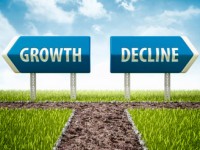
Justin Yifu Lin, Former Chief Economist, The World Bank
Feb 03, 2016
There are many good investment opportunities during the present economic slowdown, and that is the major difference between China and the developed countries. Even if external conditions do not improve and export growth is weak, China's economy may still grow at 6.5 percent by relying on domestic investment and consumption growth, thus contributing around 30 percent of global growth annually.